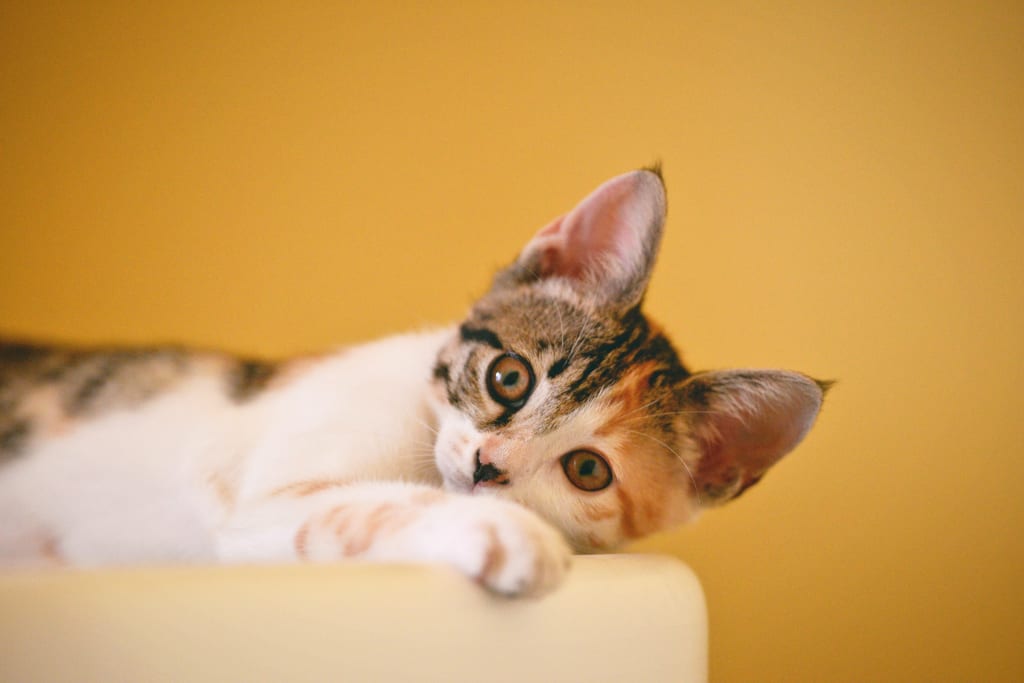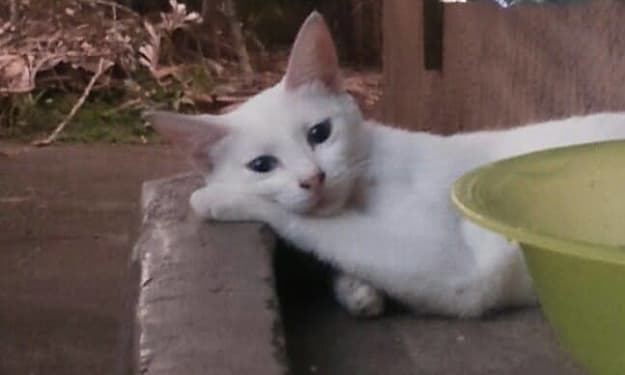"Purr-fectly Nourished: Unveiling the Top 10 Foods for Optimal Cat Health"
A Whiskerlicious Guide to Feline Nutrition: Unveiling the Top 10 Foods for Happy and Healthy Cats

Introduction:
As responsible pet owners, providing our cats with a balanced and healthy diet is essential for their overall well-being. Feeding them the right foods ensures they receive the necessary nutrients, vitamins, and minerals to maintain optimal health. In this article, we'll explore the ten best foods for cats, focusing on their nutritional value and benefits.
1.High-Quality Protein:
Cats are obligate carnivores, meaning they require a diet rich in animal protein. High-quality protein sources like chicken, turkey, beef, and fish provide essential amino acids necessary for muscle growth, repair, and maintenance.
2.Wet Cat Food:
Wet cat food contains a high water content, which is vital for maintaining proper hydration in felines. It also helps prevent urinary tract issues and promotes healthy kidney function. Look for brands that use real meat and minimal fillers or by-products.
3.Dry Cat Food:
Dry cat food is a convenient and cost-effective option. Opt for high-quality kibble that is specifically formulated for cats, ensuring it contains real meat as the primary ingredient and avoids excessive amounts of grains or fillers.
4.Fish:
Fish, such as salmon and tuna, is an excellent source of omega-3 fatty acids. These fatty acids contribute to a healthy coat, aid in reducing inflammation, and support brain development in kittens. Remember to cook fish thoroughly to eliminate the risk of parasites.
5.Eggs:
Eggs are a protein-packed option for cats. They contain essential amino acids, vitamins, and minerals. Cooked eggs provide a safe and nutritious treat, promoting a healthy skin and coat.
6.Lean Meats:
Lean meats, such as chicken or turkey, offer a low-fat source of protein. Remove the skin and bones before feeding it to your cat, as they can be harmful. Cooked lean meats are an excellent way to provide your feline friend with a delicious and healthy meal.
7.Pumpkin:
Pumpkin is a fiber-rich food that can benefit your cat's digestive system. It aids in digestion and helps prevent hairballs. Small amounts of pureed, cooked pumpkin can be added to your cat's diet as a supplement.
8.Green Leafy Vegetables:
While cats are primarily carnivorous, adding small amounts of finely chopped green leafy vegetables like spinach or kale to their diet can provide additional vitamins and fiber. Ensure they are properly cooked to aid digestion.
9.Blueberries:
Blueberries are packed with antioxidants and are a great treat for cats. They offer numerous health benefits, including boosting the immune system, improving cognitive function, and promoting a healthy urinary tract.
10.Cat-Specific Formulas:
Specialized cat foods formulated for specific health concerns or life stages can be beneficial. These formulas address issues such as weight management, dental health, or urinary tract health. Consult your veterinarian for recommendations based on your cat's individual needs.
Conclusion:
In conclusion, providing your feline friend with a nourishing and well-rounded diet is vital for their overall health and happiness. The top 10 foods for cats discussed in this article offer a plethora of benefits, ranging from essential nutrients to improved digestion and overall well-being.
By prioritizing high-quality protein sources such as chicken, turkey, beef, and fish, you ensure that your cat receives the necessary amino acids for muscle growth and maintenance. Incorporating wet cat food into their diet not only helps with hydration but also supports kidney function and urinary tract health.
Dry cat food serves as a convenient and cost-effective option, but it's essential to choose brands that use real meat as the primary ingredient and minimize fillers or grains. Additionally, incorporating foods like fish, eggs, pumpkin, green leafy vegetables, and blueberries can provide additional nutrients, antioxidants, and fiber that contribute to a healthy and balanced diet.
It's important to remember that each cat is unique, with individual dietary requirements and preferences. Consult with your veterinarian to determine the specific nutritional needs of your cat, especially if they have any health conditions or special dietary considerations.
About the Creator
Jhon ricko
I love cats and dogs, and on my page you will find important and meaningful topics about the animal world.






Comments (1)
struggled a lot with my muffin (cat)... this blog will help to the new cat moms